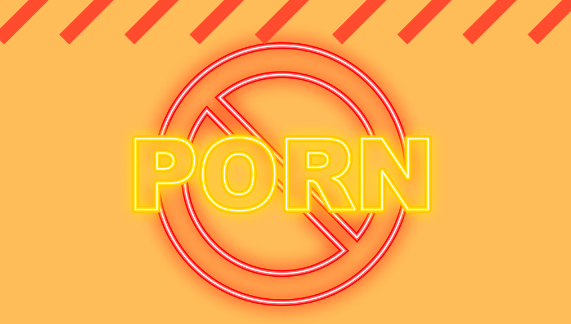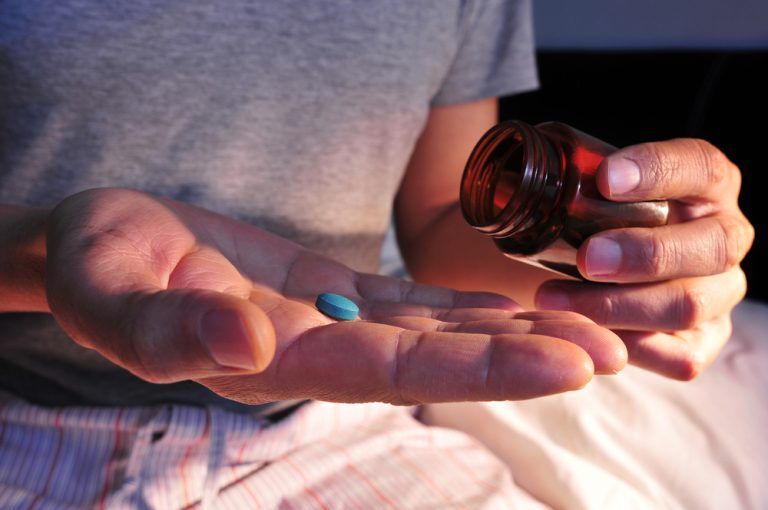What is porn addiction
Advance Minds Blog
A safe space to explore subjects within the community such as mental health, substance abuse and personal identity.
Our safe space also provides the opportunity for real individuals to express their hardships and success through writing.
What is porn addiction

Porn Addiction refers to a compulsive or uncontrollable habit of consuming pornography that negatively affects various aspects of a person’s life. This addiction can have psychological, emotional, social, and sometimes physical consequences.
Like other forms of addiction, porn addiction typically involves:
Escalating use – needing more frequent or intense content to achieve the same level of satisfaction.
Inability to stop – even when the individual recognizes the negative impact on their personal life, relationships, work, or mental health.
Negative effects – including feelings of shame, guilt, anxiety, or depression. It can also disrupt real-life relationships, intimacy, and daily functioning.
Signs of Porn Addiction:
- Spending excessive time watching or searching for pornography, often at the expense of other important activities.
- Inability to reduce or control the consumption of porn despite attempts to cut back.
- Negative impact on relationships – decreased intimacy, emotional distance, or unrealistic expectations in real-life relationships.
- Escalation in content – seeking more extreme forms of pornography to feel aroused.
- Neglecting responsibilities – affecting work, school, or social life due to preoccupation with pornography.
Causes:
Porn addiction can stem from various factors such as:
- Psychological or emotional issues (e.g., stress, anxiety, loneliness).
- Underlying mental health disorders, like depression or trauma.
- Dopamine-driven reward systems in the brain, which makes it hard to resist the short-term pleasure of pornography despite long-term consequences.
Treatment Options:
Effective treatment for porn addiction typically involves therapy, such as:
- Cognitive Behavioral Therapy (CBT) – to change patterns of behavior and thinking.
- Support groups – such as 12-step programs for addiction.
- Professional counseling – to address underlying emotional issues.
- Mindfulness and self-regulation techniques – to reduce the compulsive urges.
Seeking help early can help individuals regain control over their lives and improve their mental health and relationships.
















